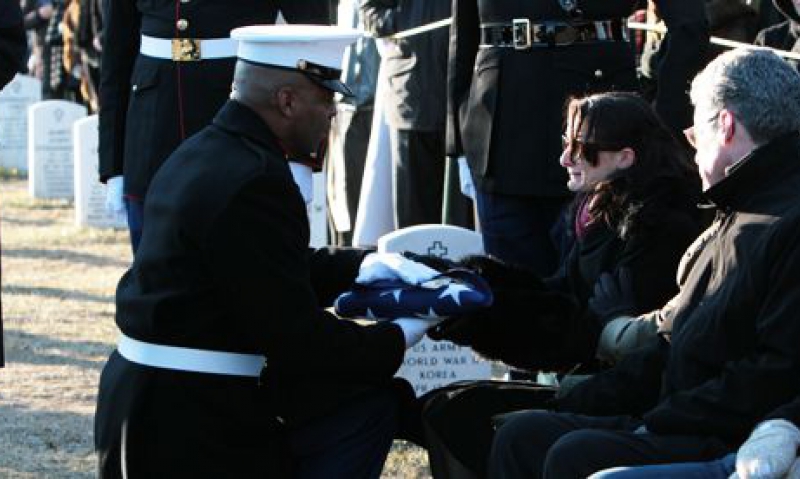
House moves to cut 'widow tax'
In its final mark-up of the fiscal 2012 defense authorization act, the House Armed Services Committee is cutting the “widow’s tax” on the spouses of deceased servicemembers and military retirees. While they are covered by the Survivor Benefit Plan (SBP), they also receive a tax-free Dependency and Indemnity Compensation (DIC), which forces a reduction in their SBP benefits.
The American Legion has long argued that such an offset is unfair and that beneficiaries should receive full entitlements for both SBP and DIC; it now appears that Congress has been listening.
“We are certainly encouraged by the House committee’s action and hope the provision to finally cut this ‘widow’s tax’ doesn’t get lost along the way to final passage of the authorization act,” said Peter Gaytan, executive director of The American Legion in Washington. “The American Legion has always seen this offset as an injustice to the surviving spouses of America’s heroes.”
Under current federal law, SBP annuities are reduced, dollar for dollar, by the amount of DIC benefits awarded to a surviving spouse by the Department of Veterans Affairs.
Gaytan said survivor benefits come from two distinct programs. “SBP is coverage that a military retiree chooses to pay for, while DIC is automatically awarded. Clearly, surviving spouses shouldn’t be penalized because they qualify for both benefits.”
The American Legion says that about 57,000 individuals stand to gain from a “widow’s tax” cut.
